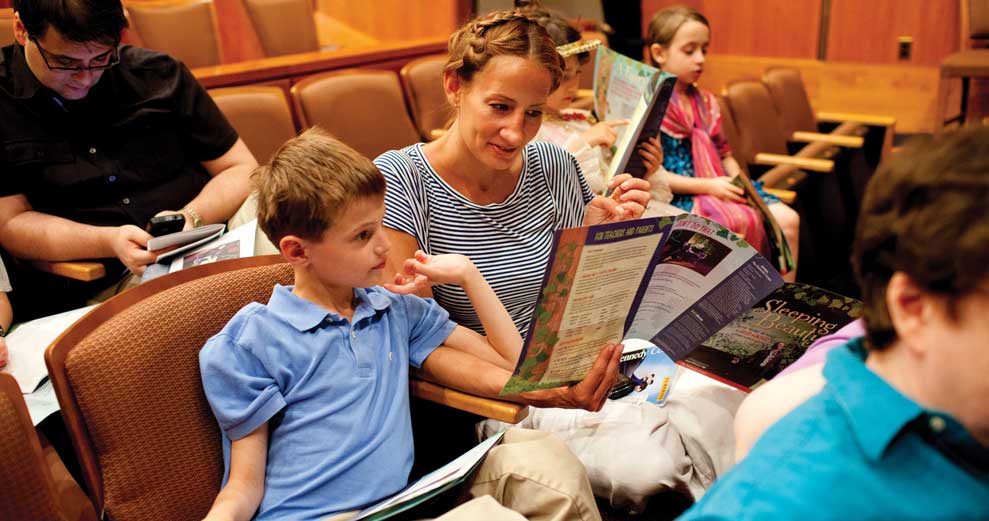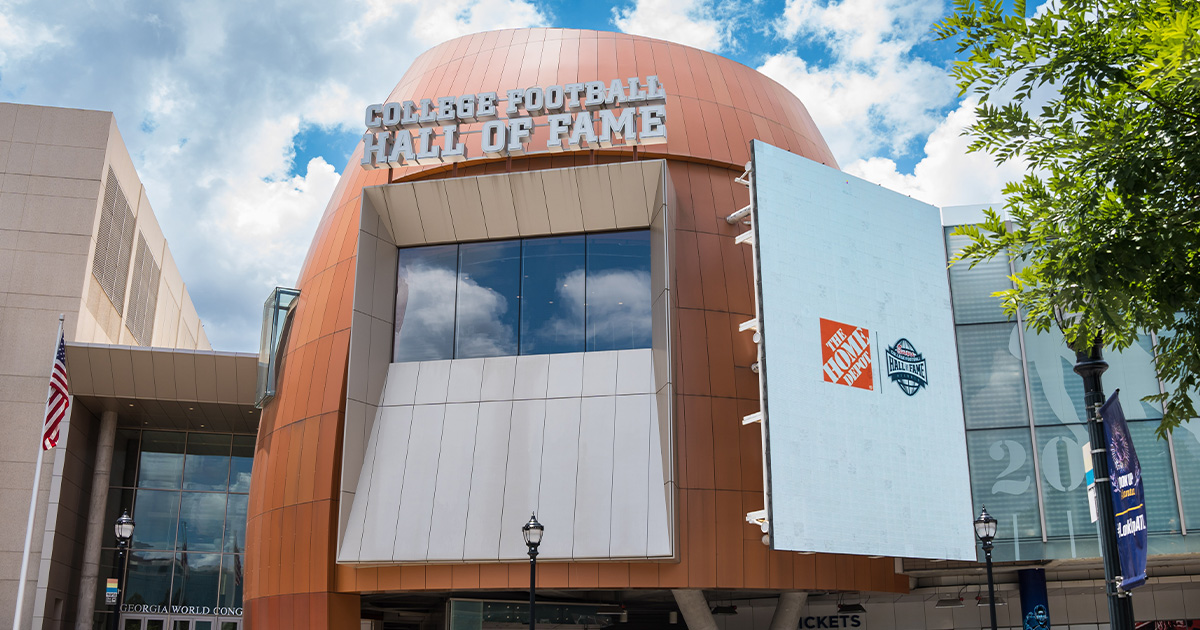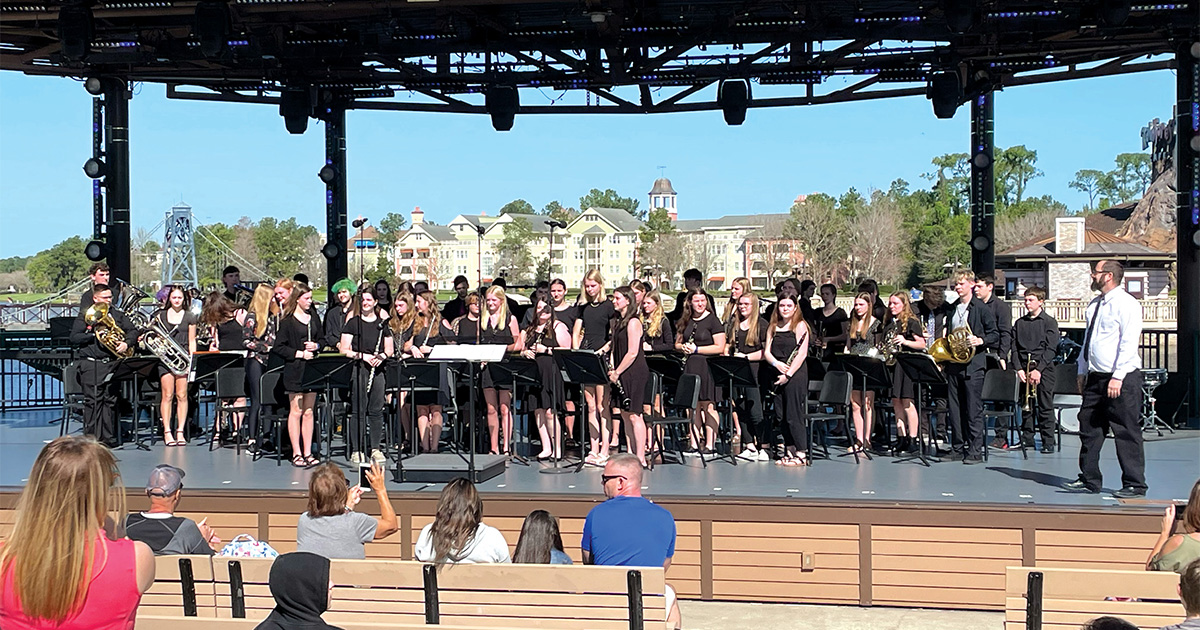An increasing number of performance venues and attractions are implementing initiatives, endeavoring to make programing more accessible for visitors with sensory considerations. Teach & Travel asked various SYTA members for an update on their continuing efforts.
“Your sensory-friendly offerings set you apart from other venues. What steps are you taking to accommodate guests with sensory considerations?”
Ripley’s Aquarium of Canada | Toronto, Ontario, Canada
“The Aquarium hosts sensory-friendly days throughout the year, offering increased lighting, a music-free environment and a quiet room. Designated as a Certified Autism Center, the Aquarium offers Sensory Guides at each exhibit to give guests more information on sensory impacts. In addition, staff have completed intensive autism sensitivity and awareness training, overall fostering a welcoming and barrier-free environment.”
—Lauren Chan, Manager of Marketing and Communications
Rock & Roll Hall of Fame | Cleveland, Ohio
“The Rock Hall has a commitment to promote an accommodating and positive experience for all fans with a sensory need (i.e. autism, PTSD, anxiety). Our complimentary sensory bags—equipped with noise dampening headphones, fidget tools, verbal cue cards and more—and weighted lap pads are available upon request.”
—John Goehrke, Director of Fan Engagement and Onstage Experience
Audubon Nature Institute | New Orleans, Louisiana
“Audubon’s goal is to provide an inclusive and seamless experience for guests of all ages, backgrounds, and abilities, across all facilities all of the time. This includes our programming, events, outreach, and day-to-day guest experience. We are constantly researching and implementing new ways to improve and ensure that Audubon is more welcoming to all, each and every day.”
—Jamie Creola, Vice President of Education
Chick-fil-A College Football Hall of Fame | Atlanta, Georgia
“The Chick-fil-A College Football Hall of Fame partnered with KultureCity in 2018 to become the first sensory inclusive attraction in Atlanta. Staff completed KultureCity’s Sensory Inclusive certification program, enabling team members to recognize, interact with and comfort guests with sensory sensitivities. We offer sensory bags with items like noise-cancelling headphones, fidget tools, and verbal cue cards, and access to designated quiet areas.”
—Dennis Adamovich, CEO
Ontario Science Centre | Toronto, Ontario, Canada
“The Ontario Science Centre strives to make science available to everyone. Sensory-friendly Saturdays is an effort to make the Centre—and science—easier to navigate for visitors with sensory processing challenges. Our partnership with Geneva Centre for Autism furthers our commitment to be accessible to the different communities we serve.”
—Maurice Bitran, CEO and Chief Science Officer
Kennedy Center | Washington, D.C.
“As the nation’s cultural center, we firmly believe that all people have the right to full access within the arts. Offering sensory-friendly performances is just one of the ways we ensure a welcoming experience for families with sensory sensitivities. From engaging the local community to training our staff, we have even commissioned a sensory-friendly folk opera, Night Train 57.”
—Betty Siegel, Director of VSA and Accessibility
Zoo Atlanta | Atlanta, Georgia
“As a certified sensory-friendly venue, Zoo Atlanta has various accommodations designed to meet the needs of guests with sensory considerations. In collaboration with KultureCity, Zoo Atlanta has designed a social story, available on the free KultureCity app, identified and marked quiet and loud spaces, as well as provides free loans for sensory bags and lap pads.”
—Michelle Kolar, Vice President of Education
Written by Sarah Suydam, Staff Writer for Teach & Travel.
Photo courtesy of Scott Suchman/Kennedy Center.
This article originally appeared in the November/December issue of Teach & Travel.




